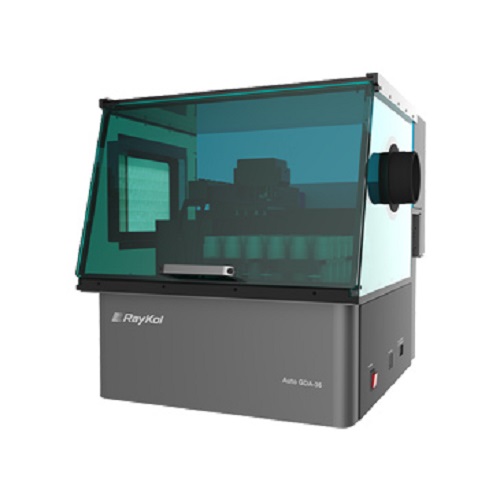BLOCK DIGESTION

Descrierea produsului
RayKol block digestion system utilizes graphite block to achieve encircled heating to completely digest samples based on the method of wet digestion. Auto GDA series Automated Graphite Digestion System can provide a full automatic solution for block digestion with solvent dispensing, acid elimination and reconstitution. M36 Graphite Digestion Equipment can replace the conventional hot plate in sample digestion, more precise in temperature control and friendly to budget limits.
For elemental analysis of samples, traditional manual sample preparation such as electric heating. Plates, poor heating efficiency, high energy consumption, takes a long time and a large amount of manual labor, and because of the instability and inconsistency during the heating process, the accuracy and precision are greatly affected by this manual uncontrollably process for further analysis of AAS, AFS, ICP, ICP-MS.
TYPES OF BLOCK DIGESTION
Auto GDA Series Automated Graphite Digestion System
Apply wet digestion to automatically complete full digestion procedures under unattended operation.
M36 Graphite Digestion Equipment
Economical digester block for labs with large volume of samples
WHAT IS WET DIGESTION?
Sample wet digestion is a method of converting the analyte components of a sample matrix contained organic substances into simple chemical forms, under heat and chemical reagents. It involves the chemical degradation of sample matrices in solution, with a combination of acids to increase solubility, for elemental analysis.
RayKol Group is dedicated to research&development and manufacture of automated lab systems. With systematic framework and integrated development of RayKol own core automated lab systems technologies, combined features of robot and artificial intelligence and coordination of hardware and laboratory automation software, we provide a wide range of automated sample preparation systems, integrated systems and consumables for analytical laboratories and life science laboratories, centred on the fields of food safety, environment protection and life science.

